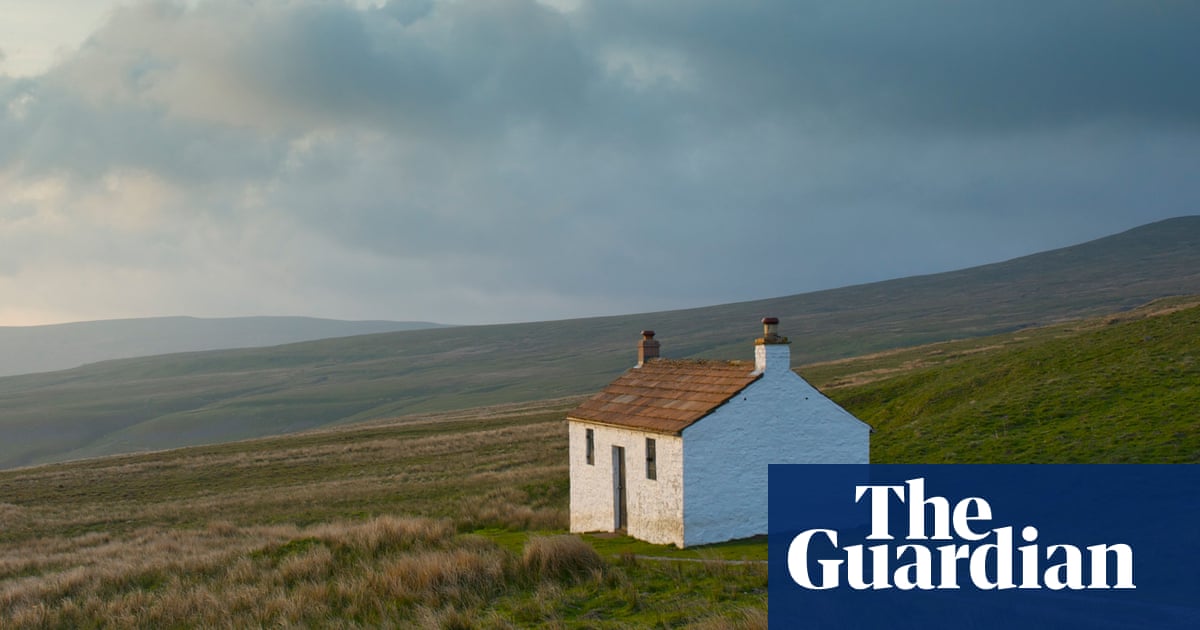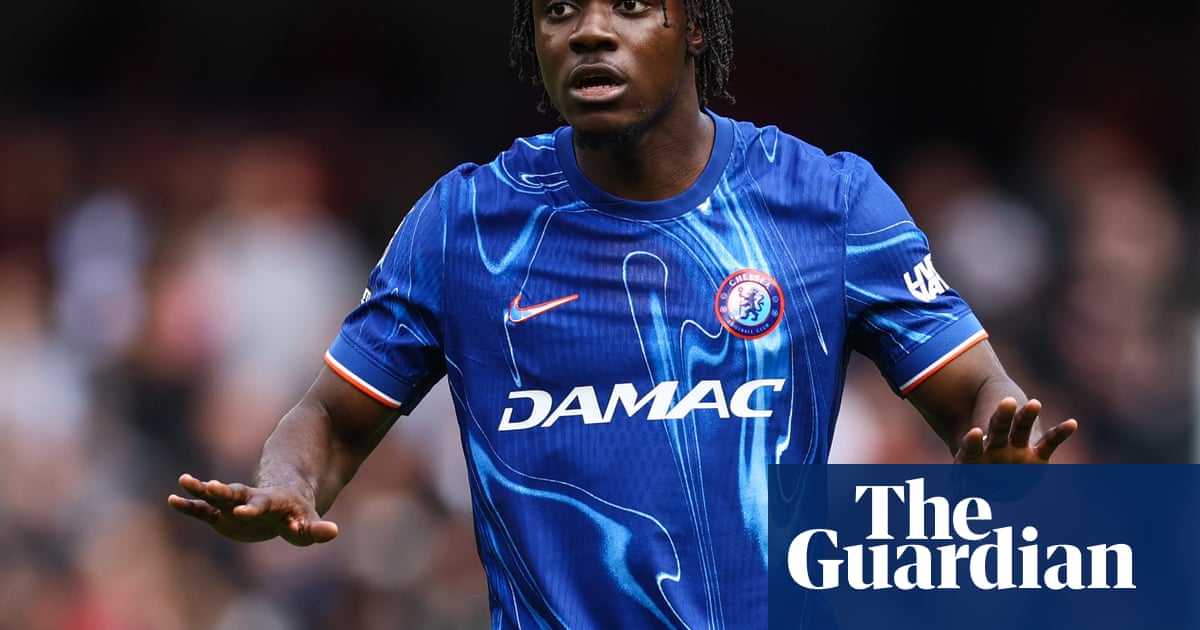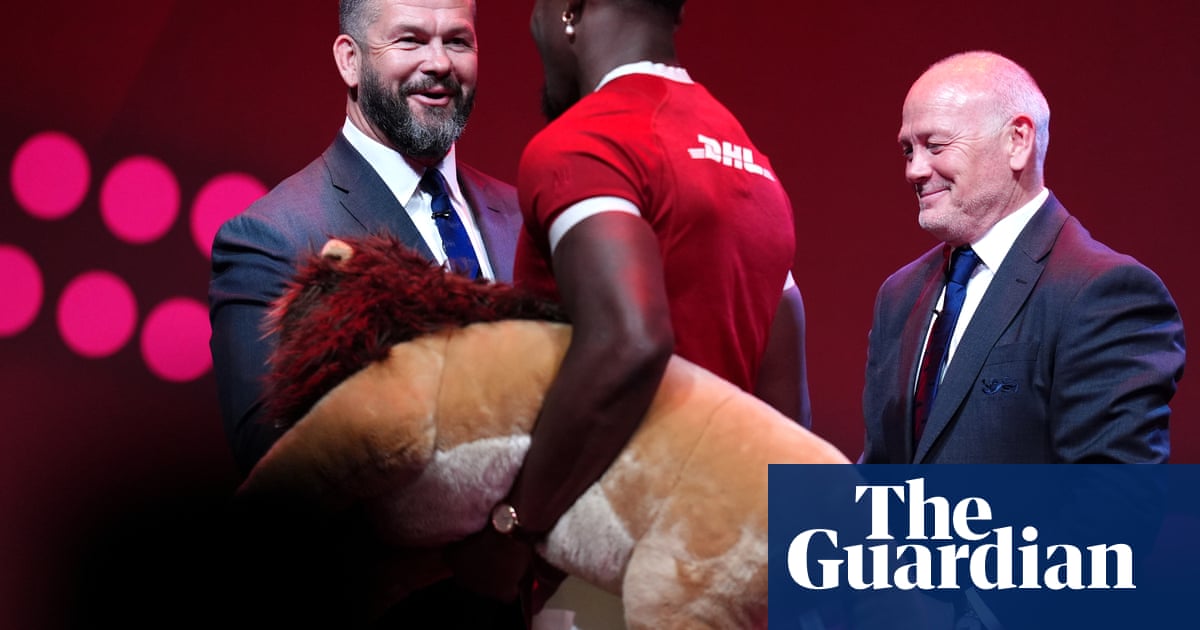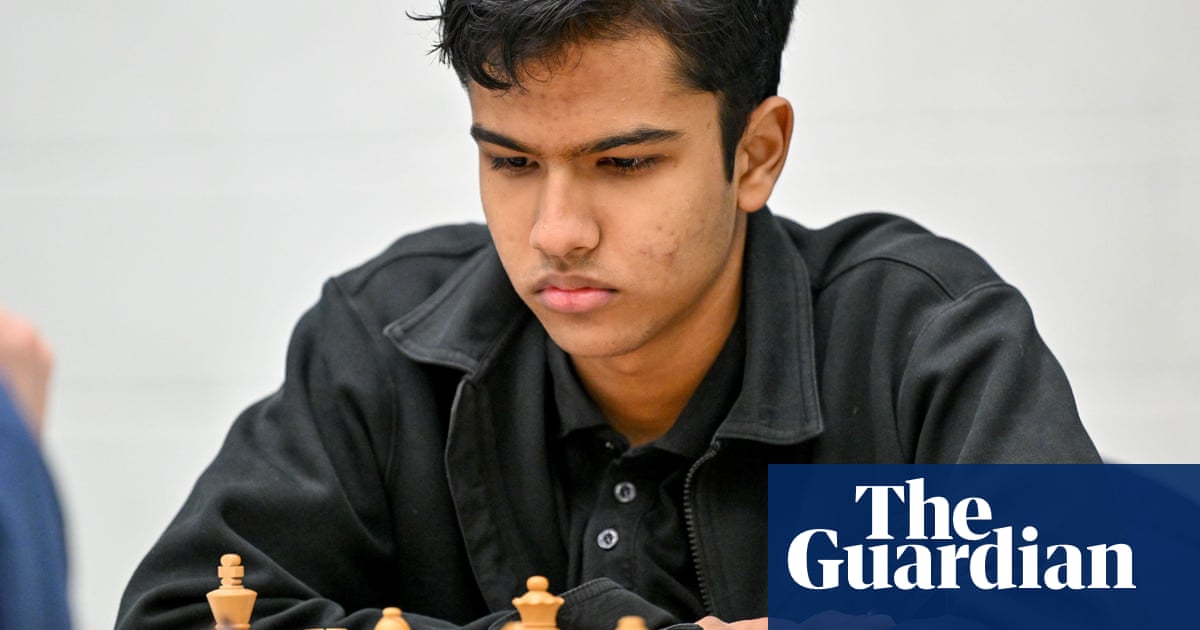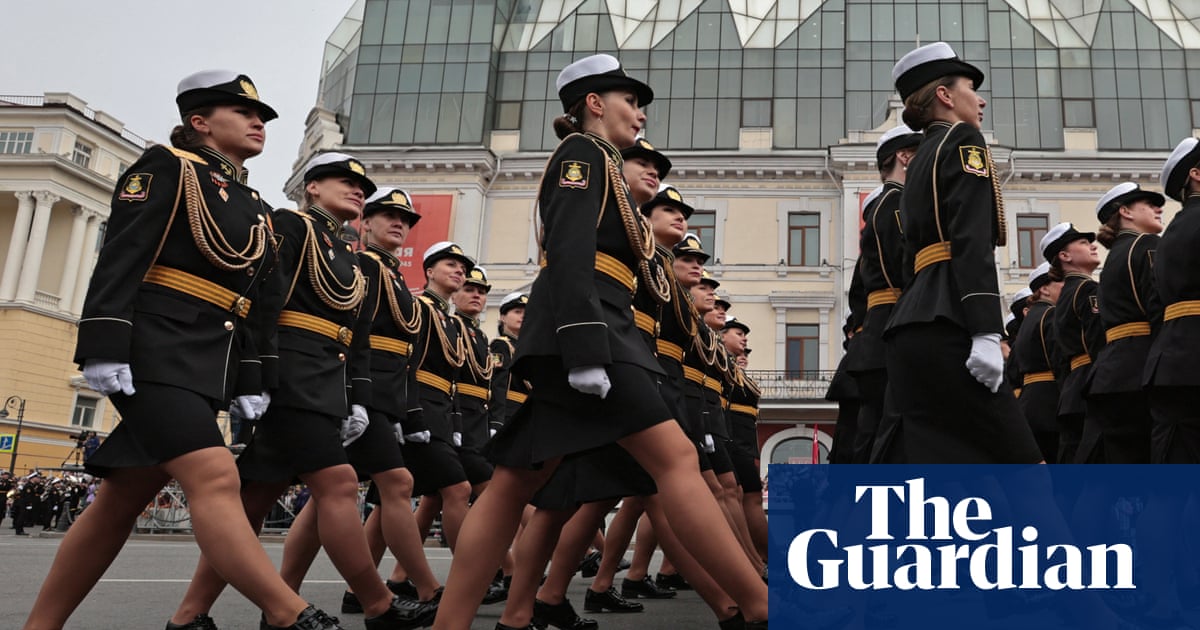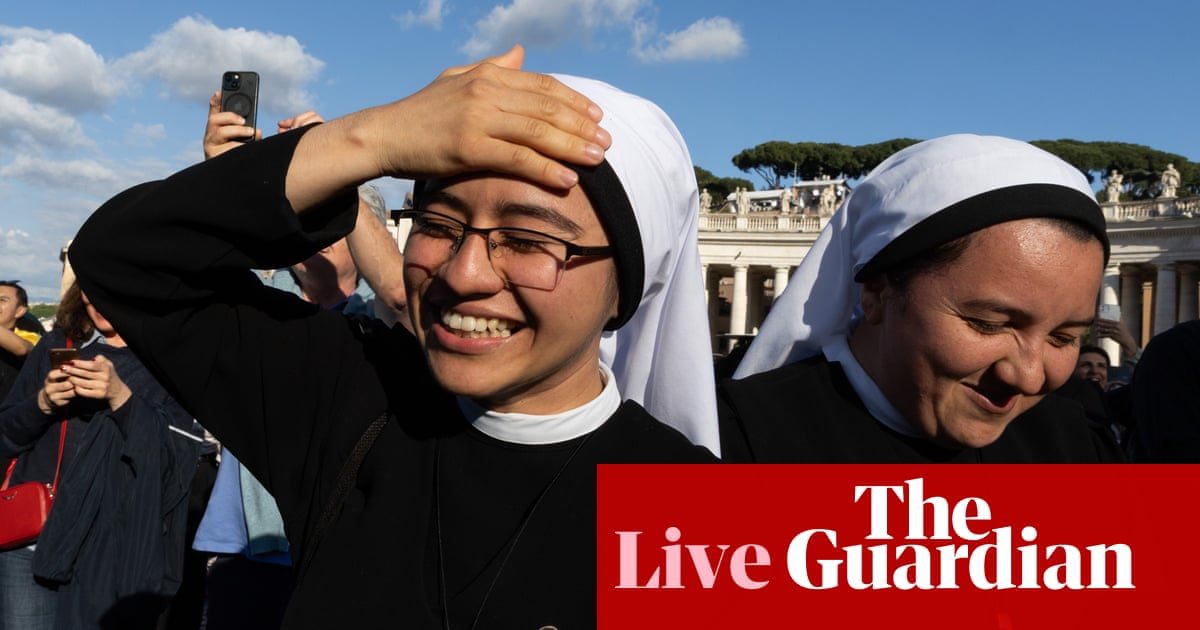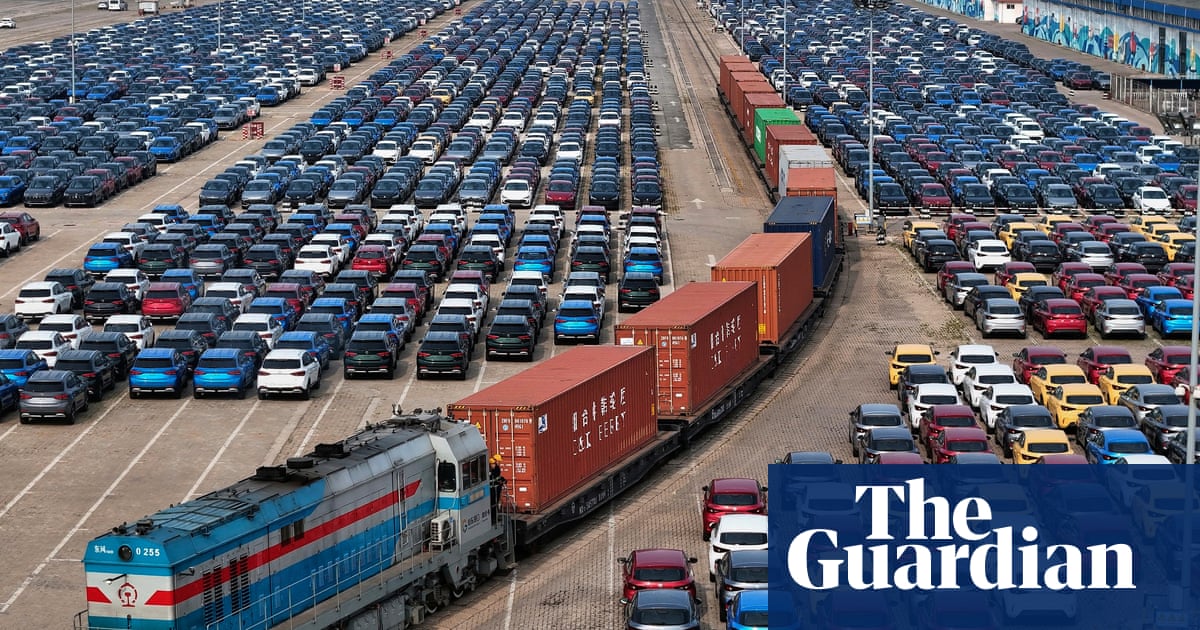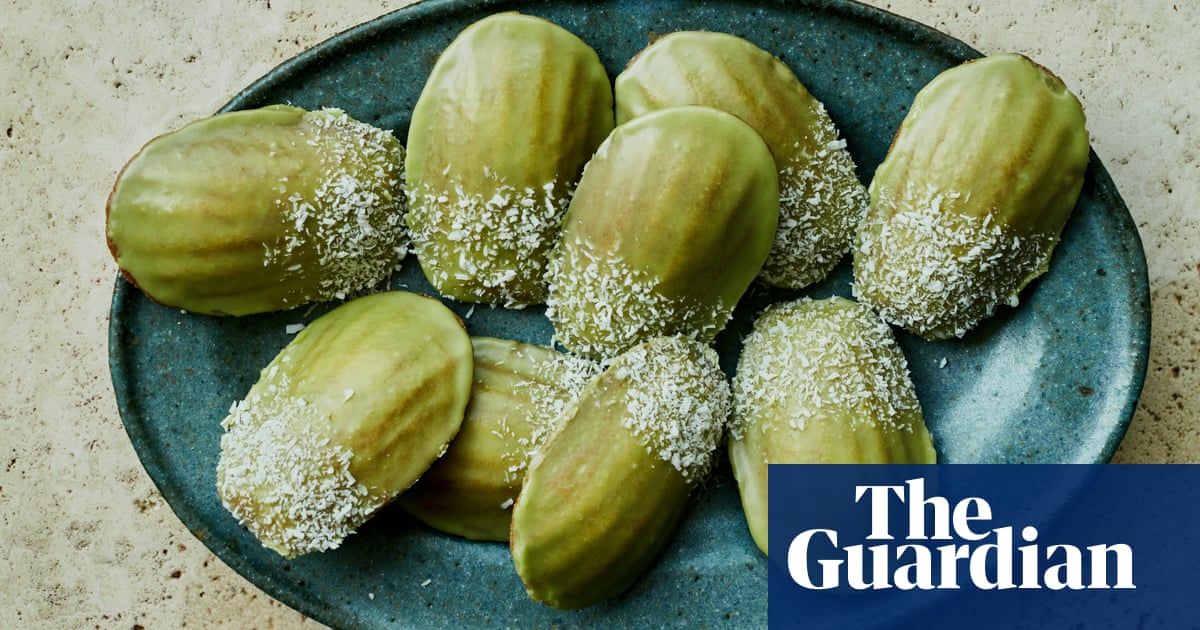This year marks the 25th anniversary of the Six Nations and what strikes me on the eve of the tournament is how much of a reassuring presence in the calendar the championship has become. The World Cup is a wonderful tournament but there is debate over how many teams should feature, the Champions Cup has been tinkered with in terms of format and the Premiership has undergone changes, whether it be the number of teams or the absence of promotion and relegation. Against that backdrop, having a tournament as consistently familiar as the Six Nations is special.
Whether you’re a supporter, an administrator, a player or a broadcaster, we all believe that the Six Nations is the shining light of rugby. It is the one tournament where there is a unified belief that it is still the greatest competition. In the coming weeks we’ll have 10s of millions of viewers watching our sport, it is our moment in the spotlight.
As a supporter when I was younger, I remember being at school when the Five Nations became Six in 2000. My greatest memory is of England’s trip to Ireland in 2003. Turning up to Lansdowne Road, the kerfuffle over Martin Johnson refusing to change sides to accommodate the Ireland president before England went on to claim a 42-6 victory and secure the grand slam.
In my playing days, I was fortunate enough to represent England in the championship and one of my fondest memories was my first start for England in the Six Nations at home to Scotland in 2009. We won the Calcutta Cup that day and I scored my first international try.
As much as it may sound contradictory, as familiar as the championship is, there is always an element of uncertainty before the action begins. There are the usual cliches about the importance of getting off to a winning start in round one, of the difficulty that playing three away matches can bring, or whether Italy can avoid the wooden spoon, but there is so much that is hard to predict.
Ireland may be the only side with a new head coach this year – and that’s qualified because Andy Farrell is only on sabbatical with the British & Irish Lions and Simon Easterby is well known to his players – but there are four new captains compared with last year. It would have been five had Sione Tuipulotu not gone down with injury and that is an indication of a freshness to the action on the field.
Easterby will be hoping to achieve something that has never been done before by guiding Ireland to a third consecutive title, which is some ask, but then they were a Marcus Smith drop-goal away from an unprecedented second grand slam in a row 12 months ago. What fascinates about Ireland is, for all their robust structural systems that are the envy of the world, for all that they have a conveyor belt of players who seem ready made for the Test arena, there are question marks. Whether it be due to a slightly disappointing autumn in which they lost a long-running winning streak at home, whether it’s because they haven’t quite been able to match the standards of the previous World Cup cycle, it seems as if there are one or two gaps in their armour.
France, meanwhile, are my favourites. Fabien Galthié could not have asked for a better week in which to convene his players after such a dominant Champions Cup fortnight for the Top 14. He has players such as Damian Penaud coming into camp after a double hat-trick, while Toulouse – who provide the spine of the France side – have just put a staggering 80 points on Leicester. Above all else, they have their jewel in the crown in Antoine Dupont back after he missed last year’s championship at a time when the whole setup was still in mourning over their World Cup quarter-final exit.

Speaking of which, as much as World Cup quarter-finals are the hurdle at which Ireland always fall, for Scotland it is Six Nations consistency. I marvelled at the manner in which they beat England, again, at Murrayfield last year but for this golden generation of players that they have, there has to be more to achieve than Calcutta Cup dominance. They’ve proved that on their day they can beat anyone, they’ve demonstrated that they do not fear any fixtures in this championship any more but can they bring consistency? After that victory over England they lost to Italy. Back in 2000 they began the tournament as champions and lost their opening match to Italy. It has been 25 years without the necessary consistency and it is time to change that. Admittedly, doing so without Tuipulotu is altogether a more difficult challenge because he is the premier inside-centre in the northern hemisphere but injuries will afflict every side.
after newsletter promotion
England have their fair share but every England squad will always have potential because of the vast player pool available. It’s a squad that excites me, primarily because even with a few injury setbacks, Steve Borthwick can name a matchday 23, and more importantly a replacements bench, with a far stronger look to it compared with the autumn. It was a major problem in November but Borthwick seems to have the tools with which to fix it. An opening trip to Dublin is daunting but should England overcome Ireland they have three home fixtures in a row and the route towards the title begins to open up.
If tiers exist within the Six Nations then the bottom one is occupied by Italy and Wales. Italy have a degree of expectation this year after what they achieved in 2024 and it is notable that Gonzalo Quesada is trying to downplay it. What a position to be in though after such a long losing run, after so many questions as to their place in the championship. Wales, meanwhile, come into the tournament on the back of a desperate 2024. Adam Jones is a shrewd appointment as an assistant coach and they’ve appointed a psychologist too which is a sensible move because spirits will be low if they lose heavily against France in the curtain-raiser.
I go back to 2000 and I wonder what has changed most since then. The game’s priorities at the moment are safety, space and spectacle and those three pillars probably best sum things up. The game is in a better place for it and while I still rank Super Saturday in 2015 as the time that the Six Nations truly hit fever pitch, there are all the ingredients to do so again this time around.

 3 months ago
49
3 months ago
49

